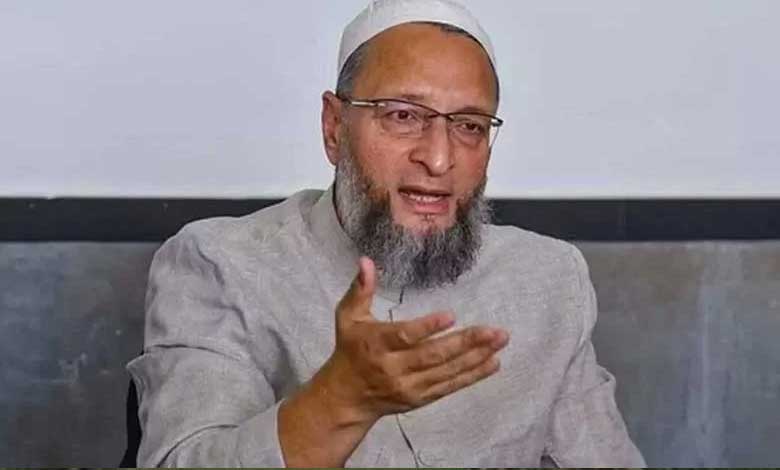Owaisi and BR Naidu Clash Over Waqf Board Comparisons and TTD Staffing Policies
The Waqf Board is like a real estate company. How can a senior politician like Owaisi compare it to TTD

Hyderabad: A verbal spat erupted between Asaduddin Owaisi, president of the All India Majlis-e-Ittehadul Muslimeen (AIMIM), and BR Naidu, chairman of the Tirumala Tirupati Devasthanam (TTD), regarding the management of religious institutions in India, particularly focusing on the Waqf Board and TTD staffing policies.
The confrontation began on November 3, when Naidu criticized Owaisi for drawing a comparison between the TTD and the Waqf Board. “The Waqf Board is like a real estate company. How can a senior politician like Owaisi compare it to TTD? I condemn his statement,” Naidu declared, referring to Owaisi’s remarks that followed his proposal to limit employment at the TTD to Hindus.
Naidu’s comments were prompted by a recent controversy over the quality of ghee used in the Tirupati temple, which reignited discussions about staffing practices within the temple management. After taking office on October 30, Naidu emphasized the need for employing only Hindus within the temple precincts, a statement that quickly attracted scrutiny.
In a swift response on social media, Owaisi highlighted the extensive land holdings managed by Hindu religious institutions, asserting that such regulations should apply universally. “The Andhra Pradesh Charitable & Hindu Religious Institutions & Endowments Act 1987 controls around 4 lakh acres of land,” he stated, adding that similar laws exist in other states like Telangana and Tamil Nadu.
Owaisi pointed out the disparities in membership requirements for Hindu Endowment Boards, emphasizing that non-Hindus are not permitted to join. “A non-Hindu cannot become a member of the Hindu Endowment Boards; even the commissioner or advisor cannot be from a minority,” he remarked, challenging the consistency of such policies.
He further accused the Bharatiya Janata Party (BJP) and the Rashtriya Swayamsevak Sangh (RSS) of disseminating misinformation regarding the Waqf Board, asserting that their narrative does not align with the realities of religious governance.
The exchange between Owaisi and Naidu underscores the ongoing tensions surrounding religious representation and governance in India, particularly regarding employment policies in places of worship. Owaisi’s call for equitable treatment raises critical questions about inclusivity within religious institutions, while Naidu’s insistence on Hindu-only staffing reflects the broader ideological divide in contemporary Indian politics.
